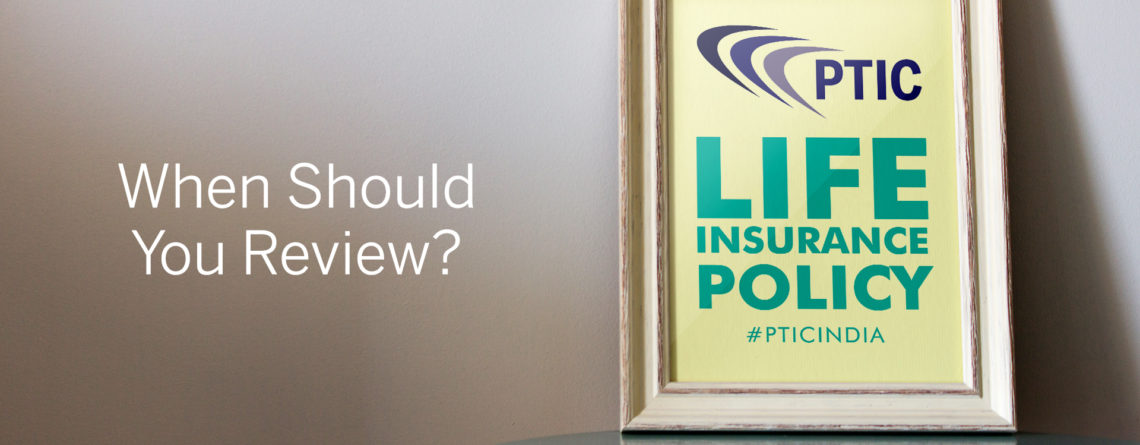Buying life insurance gives you peace of mind. Knowing that your family will be financially protected if something unfortunate happened to you. But your policy isn’t a “set it and forget it” product. It’s not something you are thinking about on a regular basis, so it can be easy to forget. Out of sight, out of mind, right?
After purchasing a life insurance policy, it should be reviewed every few years and especially after any major life-changing events. Just as our life changes, our life insurance needs change. Here are some points when should you review your Life Insurance Policy:
1. Your family status has changed.
If your family is growing, you’ll most likely need to make some adjustments to your life insurance policy such as increasing your coverage limit. Keep in mind that if you were to die unexpectedly, your paycheck would stop supporting your family.
2. Your health has changed.
If your health has significantly improved since you took out your life insurance policy, check with your agent about the possibility of getting better rates. Some insurers may be willing to take another look at your overall insurability.
3. Your marital status has changed.
If you got married, you’ll want to discuss with your agent the fact that you and your new spouse may now depend on each other’s income. If you experienced a divorce, then you may find that your coverage or policy beneficiaries need to be adjusted.
4. Your beneficiaries have changed.
To dovetail on tip number three, a new marriage could mean updating your life insurance policy to add your new spouse as a beneficiary. In contrast, a divorce may require revoking a former spouse.
5. Your housing situation has changed.
Did you buy a new house? Congratulations! But now you need to consider the fact that if you were to die unexpectedly, how would your family continue to pay the mortgage. On the flip side, if you downsized or paid off your home, you may not need as much life insurance coverage.










